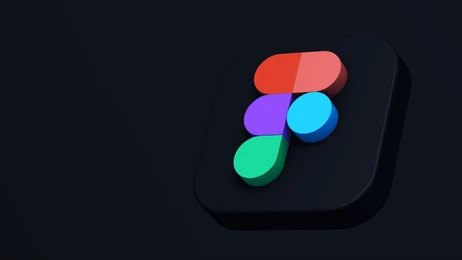Top Open Source Alternatives to Figma for UI/UX Design
Introduction: Why Look Beyond Figma?
Figma has become a popular design tool for UI/UX professionals due to its collaborative, browser-based interface. However, some designers seek open-source alternatives for reasons like data ownership, cost control, or self-hosting flexibility. If you're looking to escape SaaS lock-in, open-source design tools offer powerful features without the subscription fee.
Why Choose Open Source Alternatives to Figma?
1. Freedom and Transparency
Open-source tools allow you to audit and modify the source code, promoting transparency and security.
2. Cost Efficiency
Most open-source design platforms are free or have flexible licensing.
3. Offline & Self-Hosting Options
Ideal for agencies and teams with strict privacy or compliance requirements.
Top Open Source Tools Like Figma
1. Penpot
-
Overview: A modern, browser-based open-source design and prototyping tool.
-
Highlights:
-
Team collaboration similar to Figma.
-
Vector-based UI design system.
-
Self-hostable for privacy.
-
-
Best For: Teams seeking a Figma-like experience in open source.
2. Akira
-
Overview: A native Linux design tool focused on UI/UX and prototyping.
-
Highlights:
-
Fast performance on Linux systems.
-
Clean, intuitive interface for designers.
-
-
Best For: Linux users looking for a Figma alternative.
3. Inker
-
Overview: A cross-platform vector graphics editor with an open license.
-
Highlights:
-
Minimalist interface.
-
Supports touch input and stylus for design.
-
-
Best For: Lightweight vector editing needs.
4. Pencil Project
-
Overview: An open-source GUI prototyping tool.
-
Highlights:
-
Built-in shapes for wireframing.
-
Simple interface with offline capabilities.
-
-
Best For: Wireframing and quick mockups without cloud dependency.
Feature Comparison: Figma vs. Open Source Tools
| Feature | Figma | Penpot | Akira | Pencil Project |
|---|---|---|---|---|
| Browser-Based | Yes | Yes | No | No |
| Real-Time Collaboration | Yes | Yes (beta) | No | No |
| Self-Hosting | No | Yes | No | No |
| Vector Editing | Advanced | Advanced | Moderate | Basic |
| Offline Access | Limited | Yes | Yes | Yes |
| License | Proprietary | Open Source | Open Source | Open Source |
Use Cases for Open Source UI Tools
-
Educational Institutions
Avoid licensing fees and encourage learning through transparent tooling. -
Privacy-Focused Agencies
Host your design stack locally to protect sensitive client data. -
Startups on a Budget
Reduce design software costs while retaining functionality.
Challenges to Consider
-
Smaller Plugin Ecosystems
Compared to Figma’s extensive plugin marketplace. -
Limited Collaboration Features
Not all tools support real-time multi-user editing. -
Learning Curve & Documentation
Open-source projects often lack polished onboarding experiences.
Conclusion: Is It Time to Switch?
If you need a free, flexible, and secure alternative to Figma, open-source design tools like Penpot and Akira are great starting points. While they may lack some polish or plugins, they offer powerful features and full control over your workflow—making them ideal for privacy-conscious and budget-focused teams.
Frequently Asked Questions
Is Penpot a good replacement for Figma?
Yes, Penpot is the closest open-source alternative to Figma in terms of collaboration and interface.
Can I collaborate in real-time using open-source design tools?
Some tools like Penpot support real-time collaboration, while others are more limited.

Tidak ada komentar untuk "Top Open Source Alternatives to Figma for UI/UX Design"
Posting Komentar